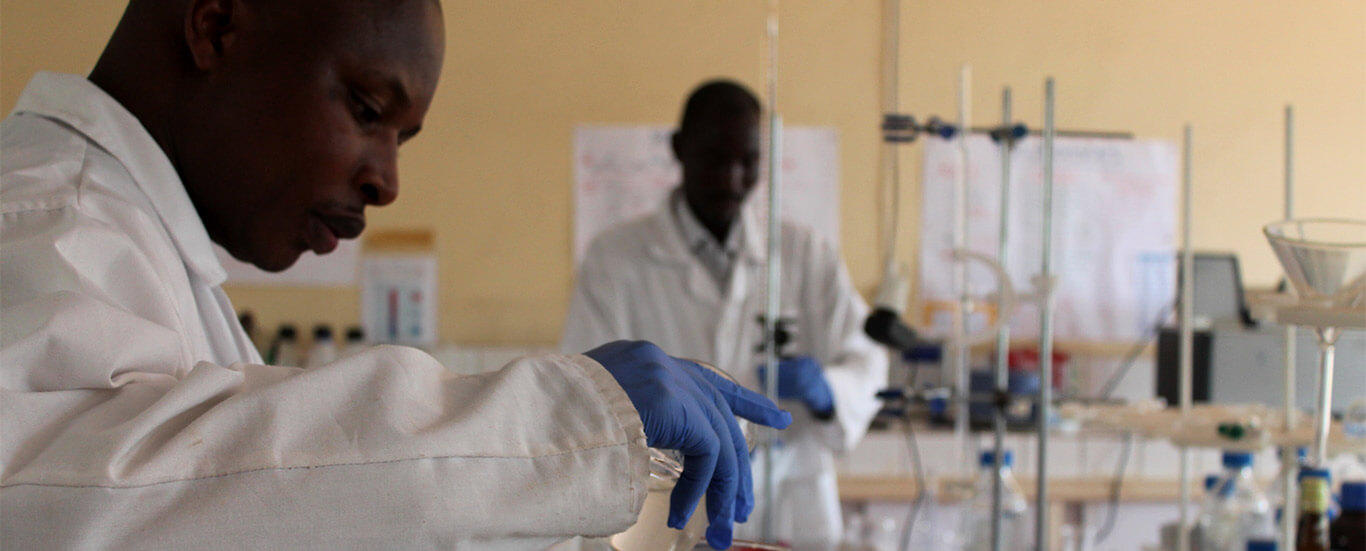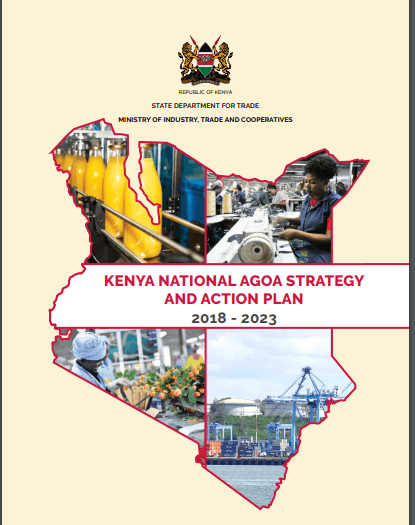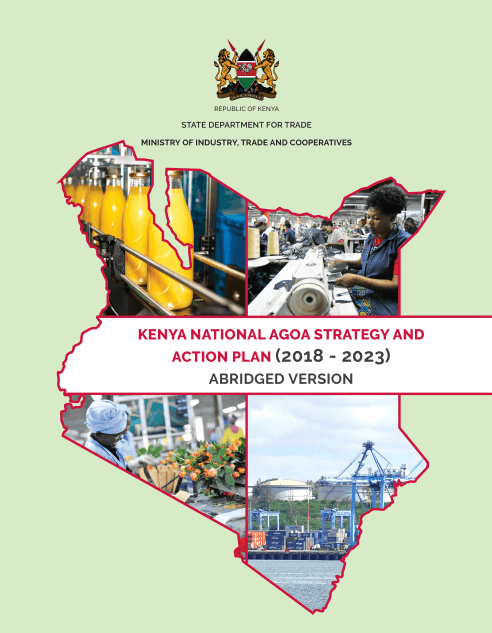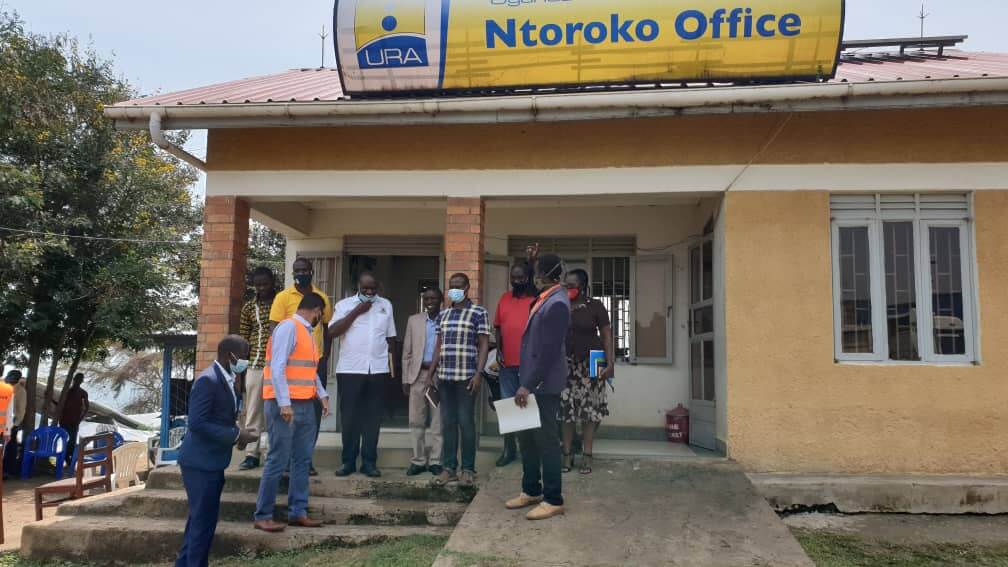[vc_row][vc_column][custom_inner_menus select_menu="project"][/vc_column][/vc_row][vc_row][vc_column][single_project_block_1 heading="East Africa standards platform" implementor="East African Business Council (EABC)" target_group="Importers and exporters, Manufacturers" project_value="US$ 320,412" implementation_period="2012 - 2014" download_btn_text="Download Project PDF" download_btn_link="#url"]A political economy study by TMA in 2006 found that policy-making in the EAC has failed effectively to engage the public in open debate. Whilst the EAC Treaty requires the involvement of PSOs and CSOs, it is unclear on entry points and frameworks for engagement. The key association representing the private sector at regional level is the East African Business Council with an embryonic East Africa CSO Forum seeking to represent civil society across the region. These institutions however are weak, lack long-term or comprehensive support, and are criticised for failing adequately to represent their constituencies. What: This project will lobby for increased harmonisation of priority standards. How: TMA will provide the required technical and financial assistance to SID to conduct the research. Contact: Allan Ngugi, Program Manager, Business Competitiveness [email protected] Click here to learn more about One Stop Border Posts Program[/single_project_block_1][/vc_column][/vc_row][vc_row el_id="desired-result"][vc_column][single_project_block_2 heading="Desired Results" image_1="42540" image_2="42538"]EAC partner states implement harmonised priority standards; reduction in the cost of compliance with standards within the EAC; bureau of standards and producers improve their understanding of standards and requirements. Together the results lead to a reduction in the cost and time of doing business in the EAC region.[/single_project_block_2][/vc_column][/vc_row][vc_row el_id="project-insight"][vc_column][project_single_ele_3_container heading="More Project Insights." sub_heading="Projects Highlights From A Glance" slide_1="info access for 20 crops & over five breeds of livestock" slide_2="info access for 20 crops & over five breeds of livestock" slide_3="info...
East Africa standards platform
Posted on: June 26, 2014
Posted on: June 26, 2014





















